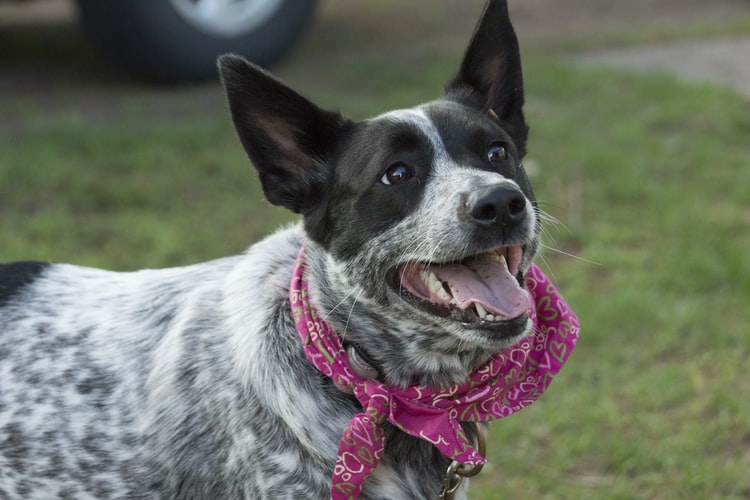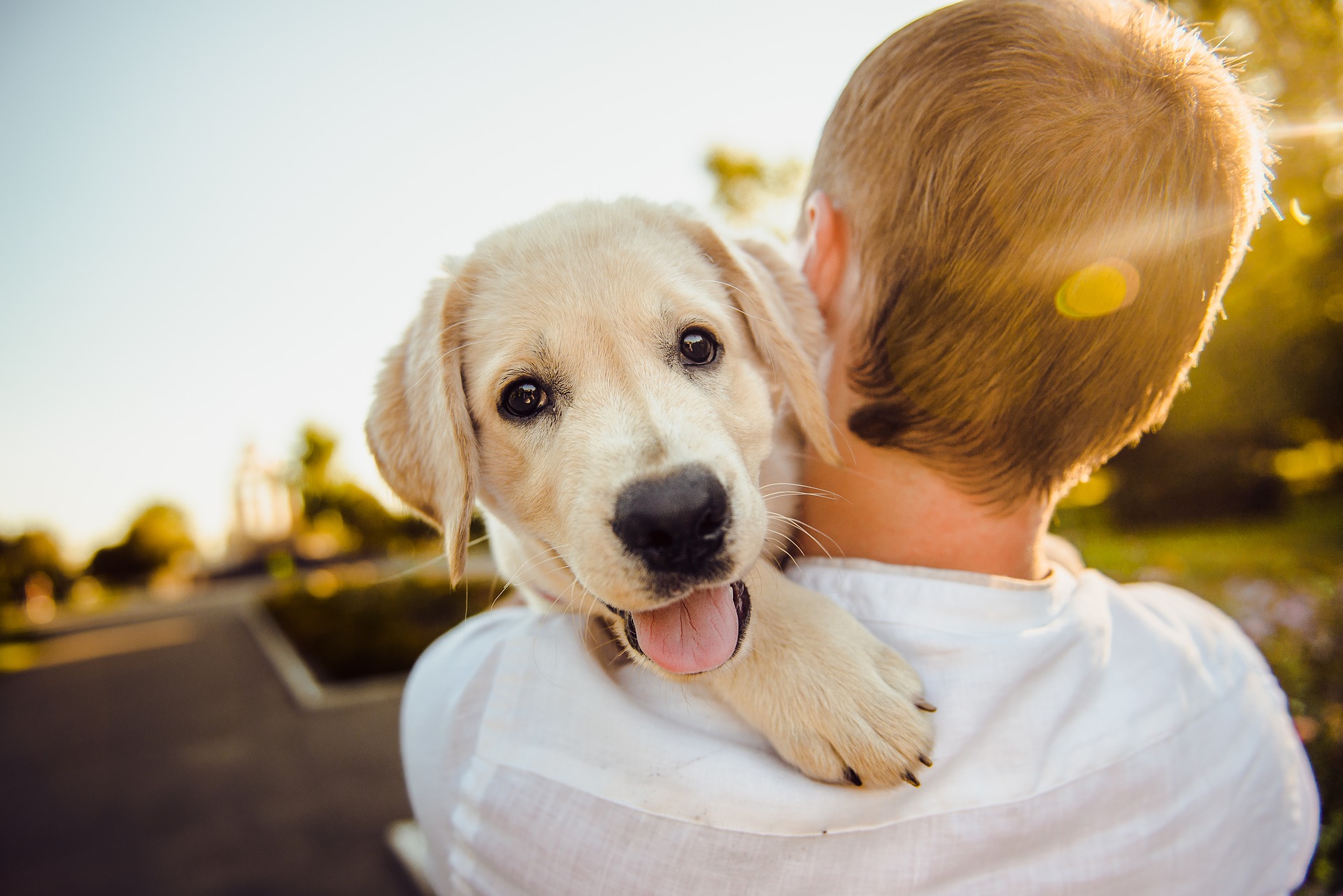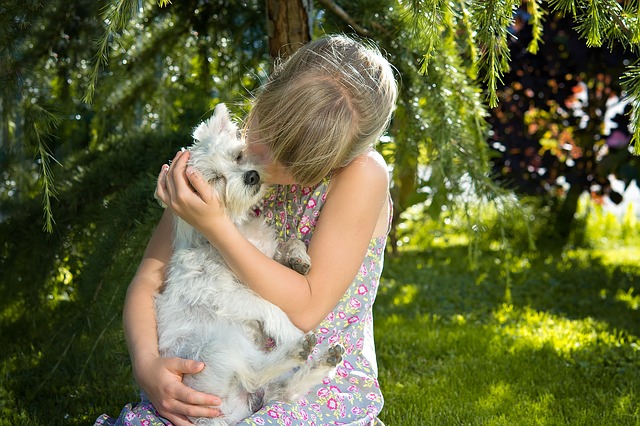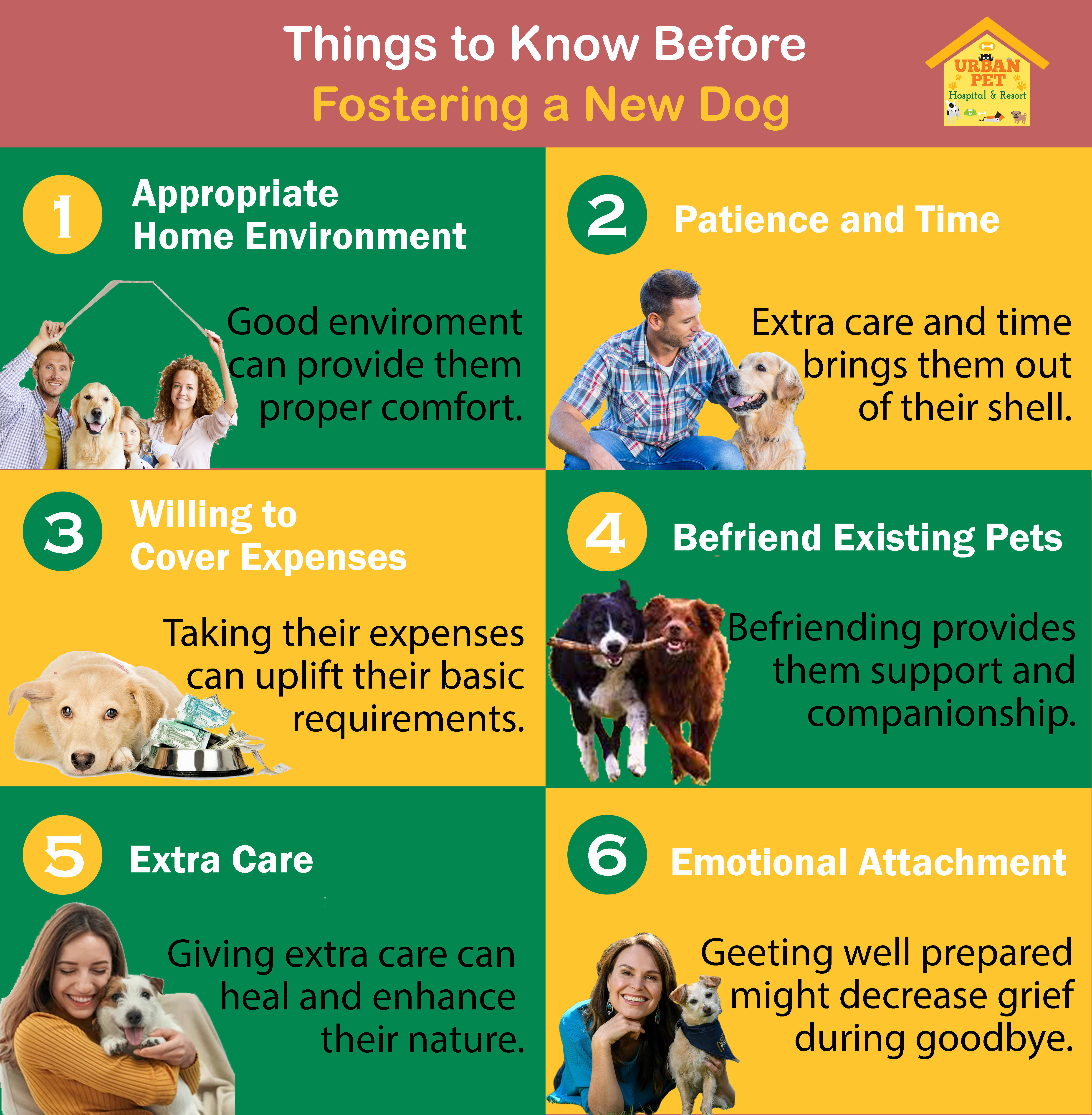Have you ever thought about caring for a homeless dog or dogs? Then you should consider fostering them.
Did you know approximately 3.1 million dogs enter animal shelters each year? Although shelters may take in as many dogs as possible, they tend to be overly crowded and uncomfortable.
Moreover, most shelters are short in staff and space, requiring someone to take in as many dogs as they can for fostering.
By fostering a dog, you save a life and nurture it by providing a homely environment, care, food, valuable time, and medical needs.
According to PetKeen,
Almost 55,000 pets were being fostered in 2020, which means the rate of fostering dogs grew by 17% from 2019.
Read on to learn about what needs to be considered before you commit to fostering a new dog.
Things to Know Before Fostering a New Dog
Fostering a dog refers to taking a dog into your home and caring for it until it finds a permanent home, which is one of the most fulfilling things a dog owner can do.
Read the following if you consider fostering a dog but aren’t sure what the task asks for.
1. Appropriate Home Environment
Before fostering a dog, make sure your whole family is known about the decision you are going to foster a dog.
Consider a few things.
- Ensure your home is pet-friendly.
- If you are renting a home, seek approval from your landlord.
- If you have children, make sure they are supervised when around the dog.
- Set up an environment in which your foster dog can adapt most comfortably.
- Remove anything that can be easily chewed, such as shoes, rugs, etc.
- Remove the plants that are toxic to dogs.

Not all children know doggy manners and appropriate behavior when playing with a dog.
Similarly, everyone in your family or household needs to agree about fostering a dog for a certain period and understand what is involved in taking care of the animal.
However, fostering a dog might not be your best idea if you work a lot outdoors or go away often.
2. Patience and Time
Unlike other dogs, almost every foster dog comes from a less than ideal situation, such as recovering from surgery at a very young age, and many others may need additional socialization.
Like owning any pet, foster dogs require lots of time, patience, and effort and may require different levels of commitment.
They may resist at first, which is why persistence and patience are valuable assets to have to befriend them.

To prepare for the particular needs or issues some foster dogs may have, you will need a fair amount of patience. For example:
- Many dogs have likely suffered some degree of trauma and suffering and, as a result, need lots of extra love and patience to get better.
- A puppy will require firm handling and time to take on walks and play with them.
- Assist sick dogs in feeding medications, making sure they are getting adjusted to the environment.
- Understand the breed’s behavioral traits and nature so it will be easier to work with their natural tendencies than against them.
- Some unsocial dogs may also need basic obedience training such as sitting and staying, helping to deter biting, nipping, and leash training.
- Spend a lot of time with your dog to create a bond and build trust, making it easier for them to learn your expectations and might lower your frustration level.
With the training, love, patience, and extra care, you are giving them the opportunity to come out of their shell.
3. Willing to Cover Expenses
Fostering is a popular option for people who want a dog but are not yet ready to make the financial commitment that comes with owning a dog.
Pet foster parents would usually spend $100 to $200 in upfront costs and $50 to $70 per month in regular care.
Until your foster pet finds a new home, you will have to cover their basic necessities, including shelter, food, accessories, health care, etc.

However, some organizations provide routine medication or vet bill discounts for foster parents in some cases, which may help you cover recurring expenses.
4. Befriend Existing Pets
It is wise to foster a dog even if you already have pets in your home.
Adding another dog to your household can enrich your family, but consider the consequences before you go ahead with any changes.
- Keep them separate, which allows them to get comfortable and calm in a new environment without the stress of interacting with an unfamiliar dog.
- Keep them in quarantine for at least 14 days as it protects your pets from any illness like kennel cough, worms, flea, etc., the foster animal may have.
- Introduce them with your existing pets slowly to minimize disruption and prevent them from acting aggressively.
- Whether you are leaving the house or just doing your thing, always separate your dogs when you cannot watch them.

Keeping the existing pet separate from the foster dog gives a chance to become familiar with each other through scent before ever meeting.
Allow them to investigate each other. Keep an eye on their body language and posture for signs of aggressiveness, and act if necessary by redirecting the dog’s interest.
5. Extra Care
Some foster dogs, usually extremely young, pregnant, or recovering from an illness or injury, need extra attention because of poor health.
- If a dog has a contagious illness, they require frequent rechecks by a veterinarian.
- If your foster dog is underweight, it requires a special diet and a keen eye to watch for any signs of illness.
- Many foster dogs might have severe injuries from accidents or abuse. They need regular care from veterinary, limited mobility, and routine administration of medications.

In some cases, the veterinarian may not be available at the time of emergency, or you need them the most.
It would be best if you should have had some experience or knowledge of dealing with various emergencies.
6. Emotional Attachment
No matter how many foster dogs you encounter, the goodbye will always be the most challenging part.
Loving and caring for a dog that was in such bad condition and nursing it back to health is an emotional and bonding experience.
You will build a bond and become attached to the dogs whether you have been with them for a few weeks or months.

It can be excruciating to see a dog you now love get adopted by strangers, so you need to have resilience and mental toughness to get past it.
Similarly, always keep in mind that while it may be hard to say goodbye, there is always another sweet and caring family waiting for their chance to have a loving pet somewhere just around the corner.
Dog Foster Care Manual
When agreeing to foster a dog, be mindful of what you can realistically commit to. There are several things a foster should do to make this process go smoothly.
- Foster dogs should remain in their foster homes until they are adopted, so prepare the necessary supplies in order to intellectually engage your foster dog.
- Spend roughly two hours a day exercising and playing with your foster dog to ensure that your dog has appropriate socialization and stimulation.
- Keep track of your foster dog’s daily activity and appetite levels.
- Feed adult dogs once daily in the morning and leave dry food down at all times. Tiny baby puppies may need to be fed as frequently as every 2 hours throughout the day and night.
- If your foster dog needs regular checkups, book a vet’s appointment by email or phone.
- Some foster dogs require no medication, while others require medications every 12-24 hours. Consult this with your vet so that you can give the medicines needed.
- Keep the dog clean, comfortable, and safe. Dogs with long hair need brushing daily.
- Dogs should be housed primarily indoors. When taken outside, they must be leashed and supervised at all times unless in a fenced-in yard.
- When you pick up your foster dog, ensure they are up-to-date on age-appropriate immunizations and deworming.

Conclusion
Lastly, after spending a specific time with your foster dog, you might have gained knowledge about the dog’s nature and interests.
So make sure to share anything you think might be helpful for the new family to know about your foster dog with them or with the rescue.
It is a tremendously fulfilling and most rewarding thing you can do that makes all the hard work, time, and energy worth it.
Get in touch with Urban Pet Hospital & Resort, the best doggy daycare in Urbandale, to learn more about fostering a new dog.